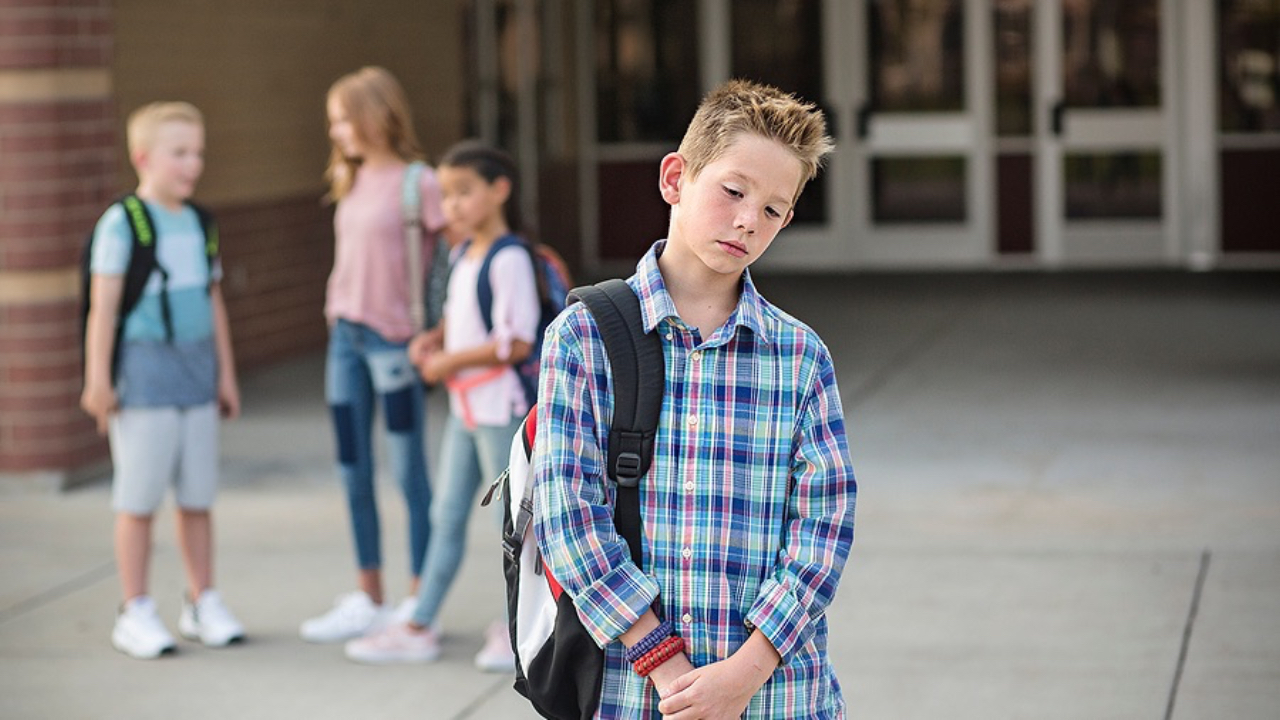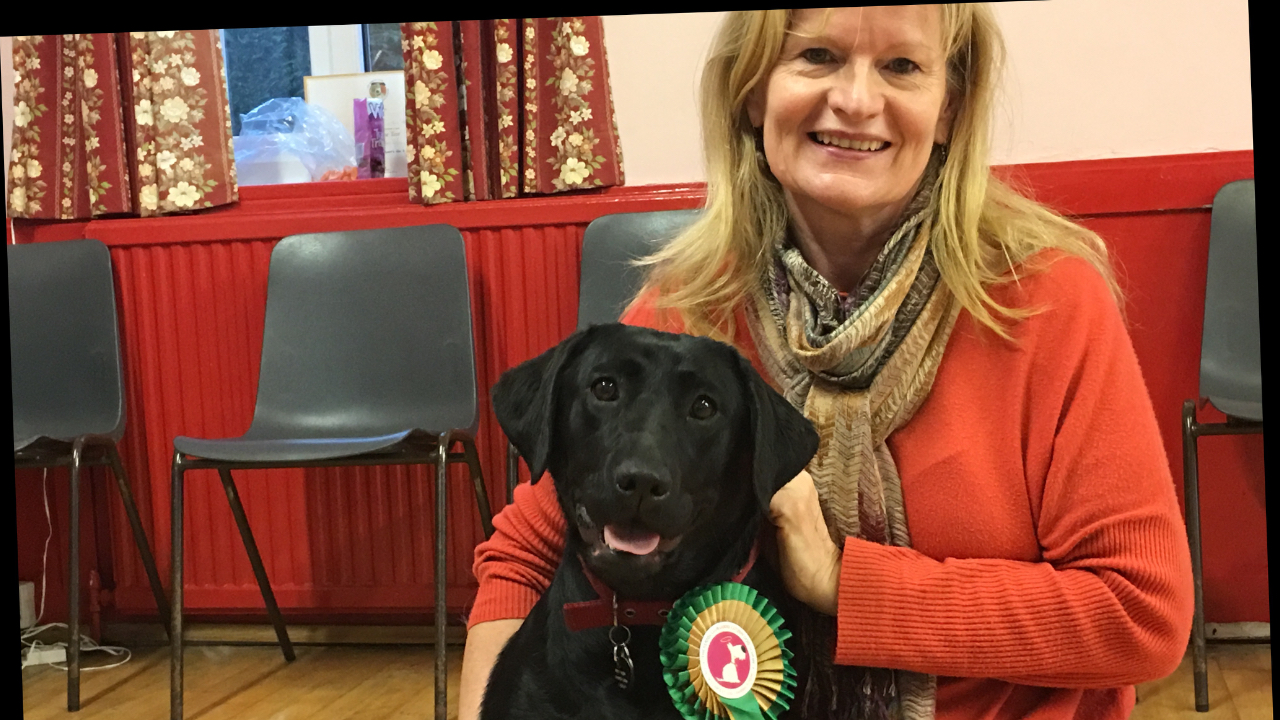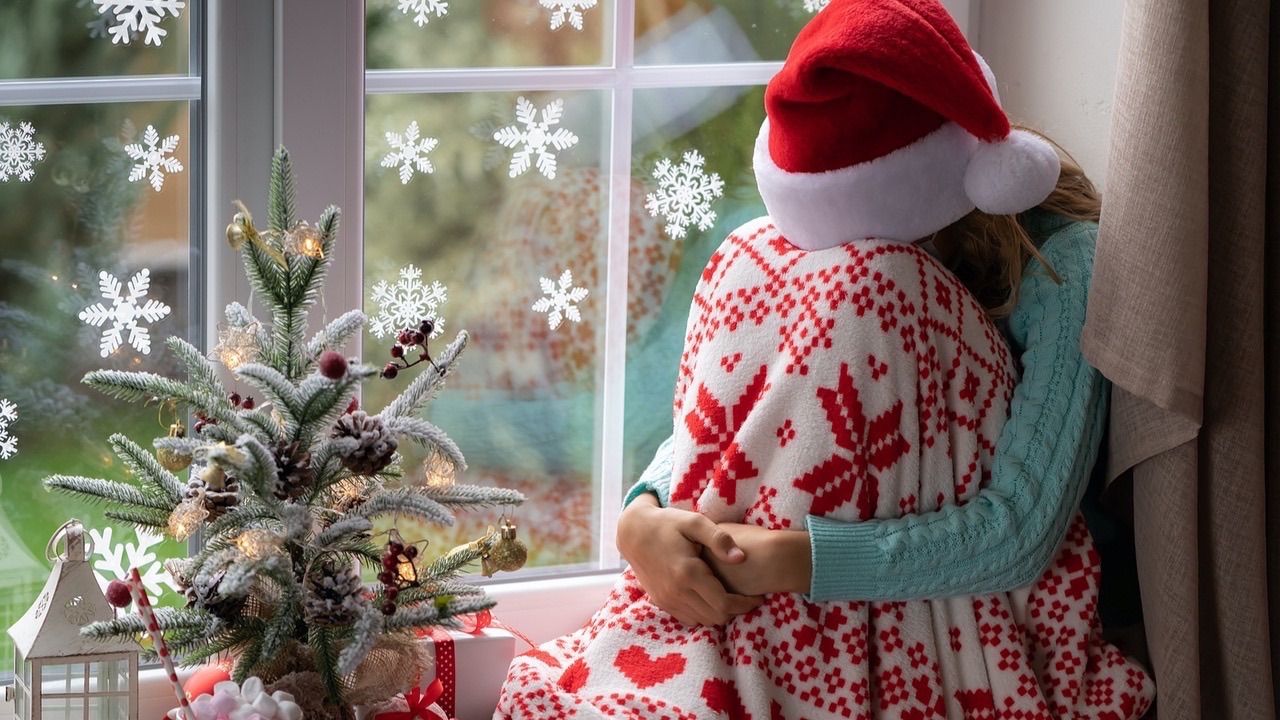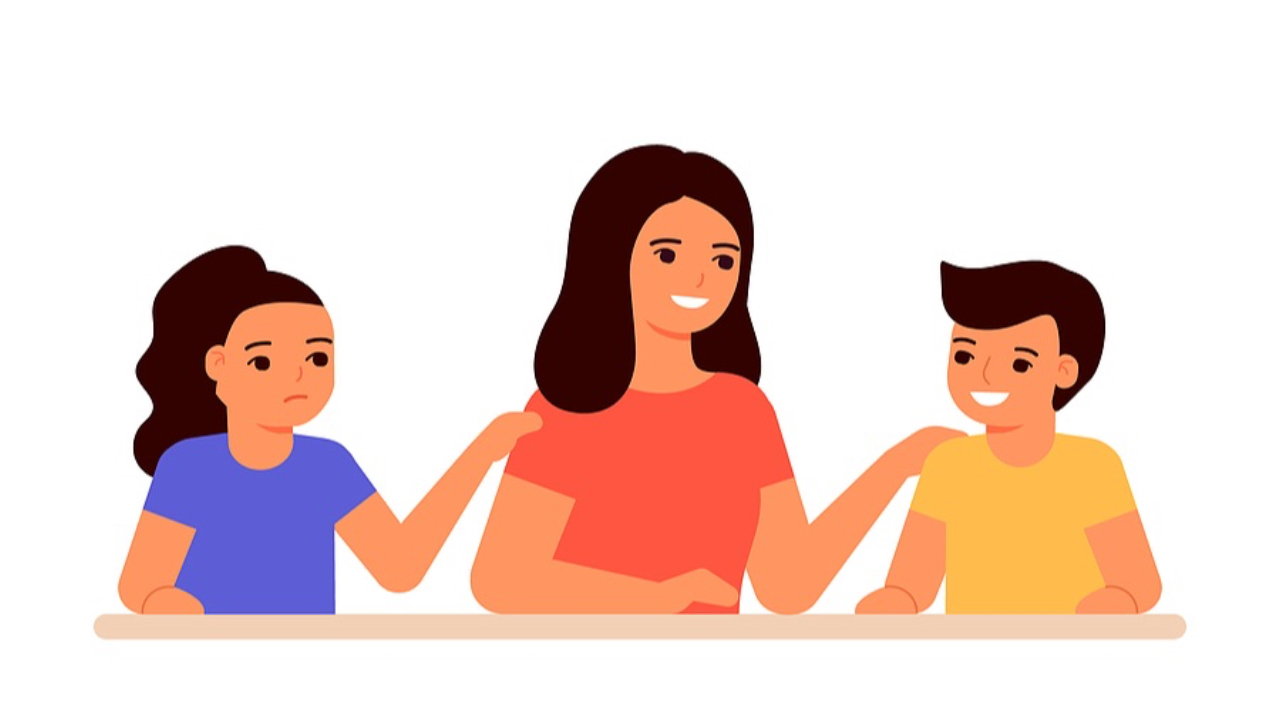When Friendships Hurt: Helping Your Child With Friendship Challenges
Sep 28, 2025
Friendships are a cornerstone of childhood. They shape confidence, teach empathy, and offer children a sense of belonging. But as many parents know, they can also bring tears, fallouts, and confusion — especially in the primary and early teen years. Supporting your child through the ups and downs of school friendship isn't easy and it can be difficult to find the right balance: you want to protect them, but you also want them to learn to stand on their own two feet whenever possible.
Understanding Friendship Challenges in Childhood
Disagreements over games, being left out of a group, or hearing unkind words are part of growing up. Yet to a child, these moments feel huge. They may worry they’ll “never have any friends again” or believe a classmate’s sharp remark must be true. For parents, it’s vital to treat these worries seriously. A calm listening ear and an acknowledgement of their feelings go a long way toward helping children with friendship problems.
How Parents Can Support Healthy Friendships
While we can’t pick our children’s friends for them, we can give them tools to build and sustain positive connections:
-
Model friendship yourself. Children notice how we speak about our own friends. Talking about kindness, loyalty, and resolving disagreements sets the tone.
-
Encourage variety. Suggest playdates with different classmates, or joining after-school clubs, sports or arts activities. A wide social network means a single fallout won’t feel catastrophic.
-
Teach empathy. Simple questions like, “How do you think she felt when that happened?” help children step into another person’s shoes and navigate tricky moments with compassion.
-
Praise positive choices. When your child shares, comforts a friend, or speaks up kindly, highlight it: “That was thoughtful — you showed what a good friend you can be.”
Practical Ways to Help When Friendships Go Wrong
It’s tempting to rush in and fix the problem, but often your child needs you more as a coach than a rescuer. Try these approaches:
-
Listen first. Give space for their story before offering solutions. Reflecting back what you’ve heard — “You felt really left out at lunch today” — helps them feel validated.
-
Offer scripts. Children often need help finding the words to say. Here are some gentle, age-appropriate phrases you can suggest, or even role-play together:
-
When they feel left out:
“I’d like to join in — is there space for me?” -
When something unkind is said:
“That hurt my feelings. Please don’t say that.” -
When they want to mend a fallout:
“I miss playing with you. Can we start again?”
Practising these phrases at home builds confidence, so when the real-life moment comes, your child is not searching for words through tears or frustration.
-
-
Normalise conflict. Share stories of your own childhood ups and downs. Knowing that even adults have friendship wobbles reassures children they’re not alone.
-
Encourage problem-solving. Ask, “What do you think might help tomorrow?” Supporting them to come up with ideas builds resilience and independence.
When Should Parents Step In?
One of the hardest parts is knowing when to let children handle things and when adult involvement is needed. A few guidelines:
-
Give them space if the issue is a one-off squabble, like a disagreement over football or a fall-out about who sits with whom. These are valuable learning experiences.
-
Step in gently if you notice repeated exclusion, persistent unkindness, or if your child is becoming anxious, withdrawn, or reluctant to go to school.
-
Involve the school if you suspect bullying or if the friendship problems are affecting your child’s sleep, appetite, or academic focus. Teachers often see dynamics at play that children don’t share at home and can keep an eye out during lessons or playtime.
-
Be cautious with other parents. Sometimes a quiet conversation can help, but it can also inflame matters if handled insensitively. If you’re unsure, speaking first with the class teacher is usually the safest route.
Building Resilience in the Face of Friendship Struggles
It’s natural to want to protect your child from every hurt, but part of growing up is learning that relationships are not always smooth. You can bolster resilience by:
-
Encouraging hobbies and activities outside school, where they can meet like-minded peers.
-
Reminding them of their strengths — children often feel “unlikeable” after fallouts, so highlight their kindness, humour, or creativity.
-
Keeping the home a safe base. A steady, loving environment makes it easier for children to face difficulties elsewhere.
Recommended Books and TV Shows About Friendship
Stories can offer a mirror for children’s feelings and a model for how to handle them:
-
Books for ages 6–9: Winnie and Wilbur by Valerie Thomas & Korky Paul; The Invisible Boy by Trudy Ludwig.
-
Books for ages 9–12: Wonder by R.J. Palacio; The Boy at the Back of the Class by Onjali Q. Raúf; Fish in a Treeby Lynda Mullaly Hunt.
-
Books for early teens: A Kind of Spark by Elle McNicoll; Roller Girl by Victoria Jamieson.
-
TV shows: Hey Duggee (younger children, celebrating kindness and teamwork), The Worst Witch (primary years, showing loyalty and fallouts), Malory Towers (older children, with themes of resilience and belonging).
Final Thoughts
Seeing your child in tears after a fallout can be painful. But with your support, they can learn that friendships — even the tricky ones — are a place to practise empathy, communication, and resilience. Offer listening, guide gently, and step in when necessary. Over time, children discover that although friendship problems in primary school can hurt, they can also heal and grow stronger, leaving valuable lessons that last well beyond the school gates.
Warmest wishes
Frances x
💬 Share This Post
If this post helped you, feel free to share it with a friend or fellow parent:
👉 Share on Instagram
(Copy this blog link https://www.brighterfuturesforkids.com/blog/helping-your-child-with-friendship-challenges and paste it in your Instagram bio, story, or DM)





